The EditoriaList: 12 Bands That Continued On After Losing A Key Member
posted in: Features
 Bands are hard to keep together. People fight, quit, rejoin, remember, quit again, die and so forth. Sometimes that band member is so integral to the music that it’s pointless to go on”some bands realize this and pack it in. But often, the remaining members don’t want to give it up. Here is the good, the bad and the ‘meh’ of some big, post-departure acts.
Bands are hard to keep together. People fight, quit, rejoin, remember, quit again, die and so forth. Sometimes that band member is so integral to the music that it’s pointless to go on”some bands realize this and pack it in. But often, the remaining members don’t want to give it up. Here is the good, the bad and the ‘meh’ of some big, post-departure acts.
THE GOOD:
The Rolling Stones

Thank you, Jeebus, that The Stones kept it going after the 1969 departure and subsequent death of band founder Brian Jones (but couldn’t they have stopped after 1981’s Tattoo You, oh mighty Jeebus?). Jones’ contributions to the band are not to be discounted, but by the time he left, he had been marginalized”for better or worse”by the Jagger-Richards power team (and by most accounts, by manager Andrew Loog Oldham, not to mention by booze and drugs). The Stones went on to produce some of their greatest work.
Pink Floyd
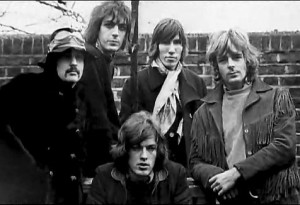
While some people swear by Syd Barrett-era Floyd, the mental unraveling and eventual canning of the former frontman heralded one of rock’s greatest and most unlikely metamorphoses. With Roger Waters taking the pole position (and with able assistance from Barrett’s replacement, David Gilmour), the band slowly shed their psych-pop identity in favor of spaced-out stadium rock.
AC/DC
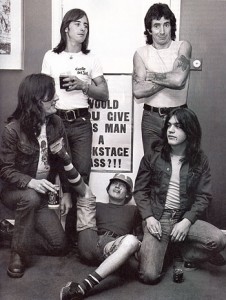
Bon Scott was an incomparable frontman, but after he died, the band managed to carry on, releasing one of the great hard rock albums of all time, Back In Black, with singer Brian Johnson. They are old dudes now and they still bring it hard live. True believers.
Wu Tang Clan
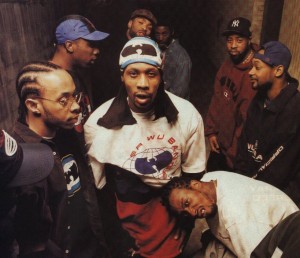
Wu Tang was always a somewhat loose collective. When Ol’ Dirty Bastard died (though, to be accurate, I think he was actually Big Baby Jesus when he died), the other members continued working together in various configurations, making some of the best music in hip hop.
THE BAD:
The Who
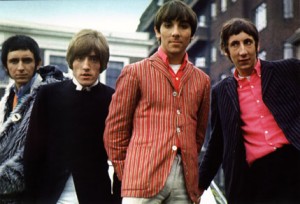
I can’t say that there weren’t some good moments in the early post-Keith Moon days of The Who, but Moon (every one of them, really) was absolutely integral to the magic of that band. When they lost him, The Who was no longer The Who by any legitimate measure.
The Band
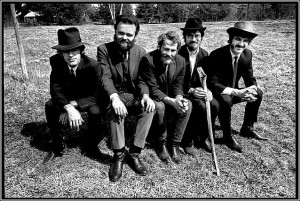
It was a strange dynamic in The Band”guitarist Robbie Robertson wrote the bulk of their amazing songs, but the other guys were the trademark voices and, arguably, the superior players that defined their music. Robertson steered the ship and decided it was time to call it quits in 1976, after years and years of touring. The other guys disagreed and carried on, producing little music of note, until the deaths of Richard Manuel (who committed suicide while on tour) and Rick Danko ended The Band for good.
Van Halen
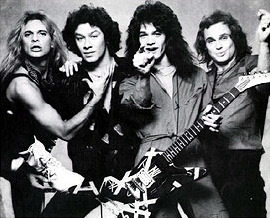
Do we need to discuss this? Sammy Hagar? Gary Cherone? Another dude? I think? Gross.
Judas Priest
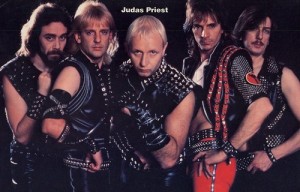
Judas Priest was… ill advised… to replace original singer Rob Halford… with a guy from a Judas Priest tribute band.
The Doors
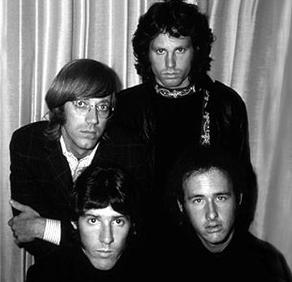
The Doors made a couple of records after the death of Jim Morrison. The fact that you didn’t know that tells you all you need to know. Weird, because they were such a great band, performing behind Morrison. Much of the time, in fact, despite Morrison.
THE MEH:
Wilco
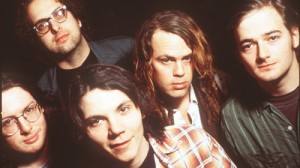
Well, Wilco has made some quality records since they fired original member, multi-instrumentalist and producer Jay Bennett. But Bennett brought a particular honesty and pureness to the band. With him gone, Wilco lost a crucial foil to main man Jeff Tweedy and have frequently descended into pretension and outright dullness.
Genesis

After frontman Peter Gabriel left to pursue a successful solo career, drummer Phil Collins stepped up and proved a born bandleader, songwriter, singer and showman. The music mostly sucked, though. A guilty pleasure, at best.
Black Sabbath
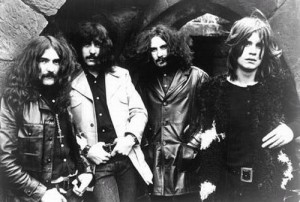
Ozzy’s replacement, Ronnie James Dio, was by no means a failure in the role fronting Sabbath. There are still a lot of die-hard Dio-era Sabbath fans. Suffice to say, those couple of records (and more with yet other vocalists) do not compare to the greatness of the original lineup.
More like this:
